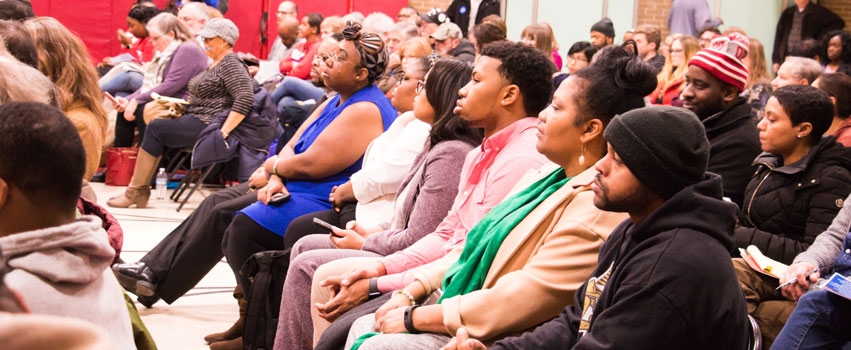Peoria Past, Present & Future
The history of the Peoria area is one of continual reinvention. When Prohibition ended our claim as the “Whiskey Capital of the World” in 1920, we built a new identity in heavy manufacturing. Decades later when we needed to diversify the regional economy, our healthcare, agribusiness and logistics industries were waiting in the wings. Today, some of the world’s greatest innovations are being developed right here in central Illinois, from autonomous vehicles and plant-based leather to cutting-edge biotech initiatives.
Our past, present and future are inextricably linked. From our central location to our abundant natural resources, the same assets that attracted Native Americans and the early French explorers to the Illinois River Valley are attracting today’s entrepreneurs, innovators and startups as well. Their vision for Peoria builds upon this rich history. Look no further than Distillery Labs, which embraces our whiskey heritage in its very name and identity while working to launch and grow new businesses in the 21st century.
This issue’s cover story exemplifies the interplay among past, present and future. It was the vision of developer Kim Blickenstaff and KDB Group to breathe new life into the historic Scottish Rite Theatre, but Kim’s vision did not stop there. Not only does he imagine a larger revival of Peoria’s theater district (see his donations to the nearby Peoria Women’s Club, for example) he and his team have put together an astonishing and ambitious proposal for an elevated park and greenspace over I-74. Should it come to fruition, InterPlay Park would reunite Peoria’s downtown and near north side, healing the split created by the construction of the interstate highway more than 60 years ago.
Elsewhere in this issue, local historian Chris Farris documents the fleeting existence of Woodruff Boulevard, first proposed in the early 20th century as a scenic greenway winding through Peoria and connecting its parks. It, too, was a casualty of the interstate’s construction—yet in InterPlay Park, Farris suggests there may be a way for us to have both.
Time will tell. But in any case, it’s clear we can build a better future when we embrace our history—learning from the successes as well as the failures. We may no longer claim the title of “Whiskey Capital of the World,” but we are still here, with all the right ingredients, distilling new ideas into thriving companies and industries. PM
